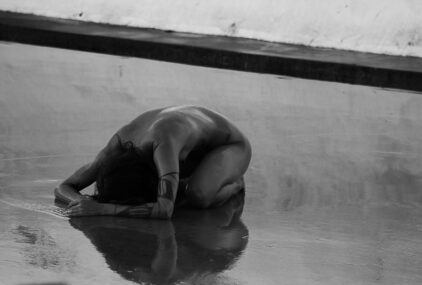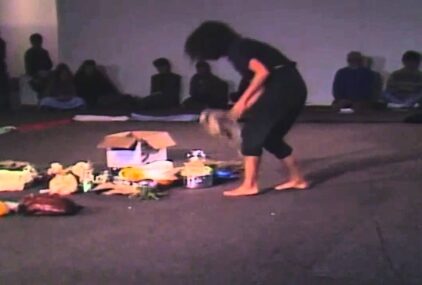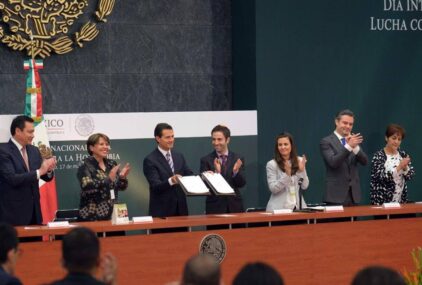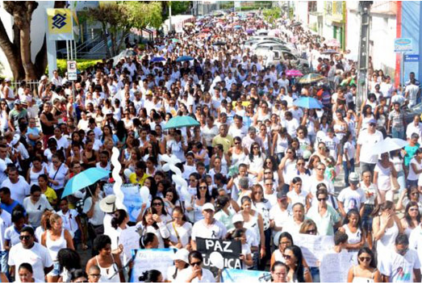
Sexual rights, gender, health and rights of defenders at the United Nations HRC 2016
Gabriel Hoosain Khan, an LGBT activist from South Africa muses about the distance of UN bodies in Geneva from the realities of the world that we (or at least some of us) live in or know about. He says – “In Geneva it might be possible
Body Against Concept
by Maria Eugenia Matricardi Translation: Matheus Opa, reviewed by Sonia Corrêa A white butterfly flies over the humid foam that floats next to the waterfall.

Why most Syrian men are not joining ISIS
In discussions around why young Syrian men join armed groups (such as ISIS or Jabhat al-Nusra) in Syria, it often boils down to two main theories: that of sectarianism, the ancient, seemingly perpetual divide between Sunni and Shia Muslims, or that of Islam being a ‘religion of violence’.

El Salvador: the world’s most punitive anti-women, anti-abortion laws
Twenty-one members of the right-wing Nationalist Republican Alliance (Arena) in El Salvador submitted a motion on 11 July to the parliament for debate on 14 July to reform Article 133 of the Penal Code, increasing the penalty for women who cause or consent to an abortion from up to eight years in prison to a minimum of 30 years and a maximum of 50 years.

Kohl’s new issue: Beyond Victims and Savages – The Complexities of Violence, Resistance, and Pleasure
Going beyond the dichotomy of victims and savages entails a nuanced understanding of violence. Such an understanding perceives mainstream violence as indivisible from other paradigms of large-scale oppression – hegemony, socioeconomic injustice, institutionalization, neoliberalism, occupation… It also accounts for the normalized violence we live on a daily basis, in silent acts of coercion, harassment, bullying, and self-damage, and the ways in which they are informed by macro instances of violence, and vice versa.
Sexual politics in June 2016
The proposal launched in May by the LAC 5 countries for the creation of a Special Mandate on Human Rights and Sexual Orientation and Gender
Women artists: Maria Teresa Hincapié
Maria Teresa was Colombian actress who became a visual art performer. She died of cancer in 2008. Her art directly dialogued with the impacts of
The ‘state’ and sexual politics: An interview with Gloria Careaga
On March 2016, we relaunched our Spanish website that (among other things) provides access to the Spanish translation of Queering the Public Sphere in Mexico
Brazil in crisis: Another update
In June, 2016, as the impeachment of Dilma Roussef followed its course, it became increasingly evident that one of the strongest motivations of the power maneuvering that led to the April parliamentary coup was the interest of many of those supporting this move to strangle the ongoing investigations on corruption.

How did bathrooms get to be separated by gender in the first place?
The ‘natural’ separation of men and women in these spaces arose less than 200 years ago, as part of a pervasive ideology of separation and dominance.





